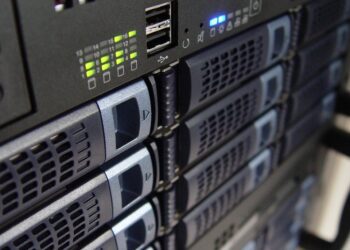Programming has become an integral part of our daily lives, whether we realize it or not. From the apps we use on our smartphones to the software that powers our computers, programming plays a vital role in shaping the modern world. The impact of programming extends far beyond the realm of technology, influencing various aspects of our daily routines and improving efficiency in different sectors.
One of the most significant benefits of programming is automation. By writing code that automates repetitive tasks, programmers can save countless hours of manual labor. This automation can be applied to a wide range of industries, from manufacturing to healthcare, resulting in increased productivity and reduced costs. For example, in the manufacturing sector, robots programmed to perform tasks such as welding and assembly can work faster and more accurately than human workers, leading to higher output and improved quality control.
Programming also helps streamline processes and improve decision-making. By analyzing data and creating algorithms, programmers can develop software that provides valuable insights and predictions. This data-driven approach is utilized in various fields, such as finance, marketing, and healthcare, to make informed decisions and optimize operations. For instance, financial institutions use algorithms to assess risk and identify investment opportunities, while hospitals use predictive models to diagnose diseases and recommend treatment options.
Furthermore, programming enhances communication and connectivity. With the rise of social media platforms, messaging apps, and video conferencing tools, people can stay connected with others around the world in real-time. These applications rely on programming to ensure seamless interaction and fast data transmission. Additionally, e-commerce websites use sophisticated algorithms to personalize recommendations and streamline the shopping experience, making it easier for consumers to find and purchase products online.
In education, programming plays a crucial role in equipping students with essential skills for the future. As technology continues to advance, understanding how to code has become increasingly important in a wide range of professions. By learning programming languages such as Python, Java, and C++, students can develop problem-solving abilities, logical thinking, and creativity. These skills are not only valuable in the tech industry but also in fields like finance, engineering, and design.
Overall, the impact of programming on everyday life is significant and far-reaching. From automation and data analysis to communication and education, programming enhances efficiency, innovation, and connectivity in various sectors. By exploring the benefits of programming, individuals can harness its power to transform their lives and contribute to the evolving digital landscape. In an increasingly technology-driven world, programming has become an essential tool for unlocking new opportunities and shaping a better future.








